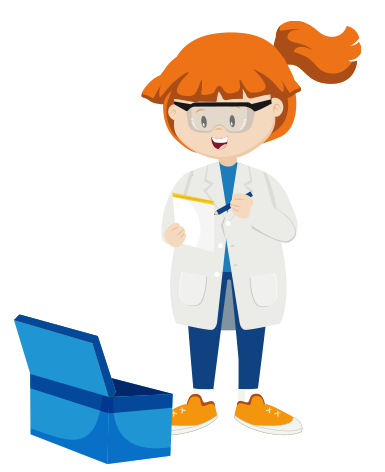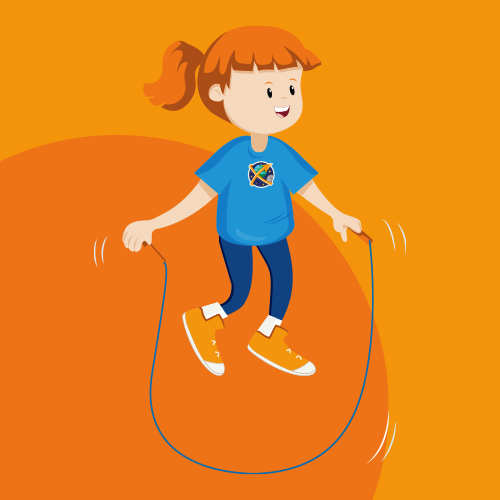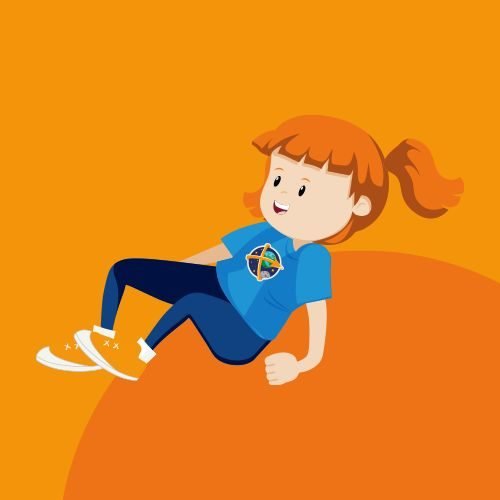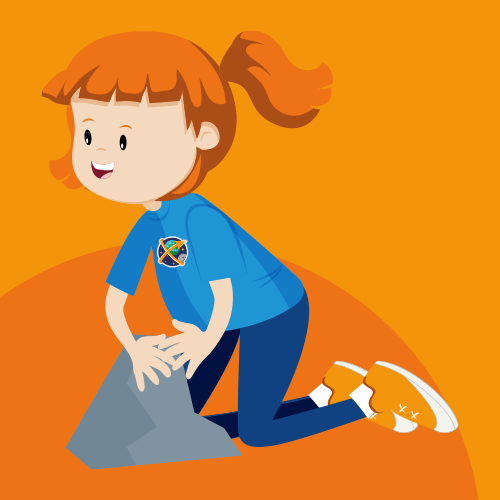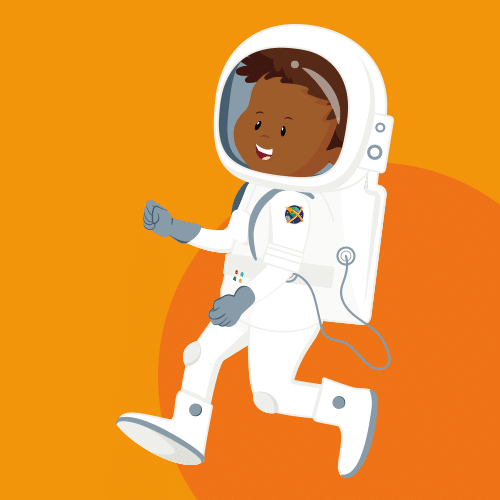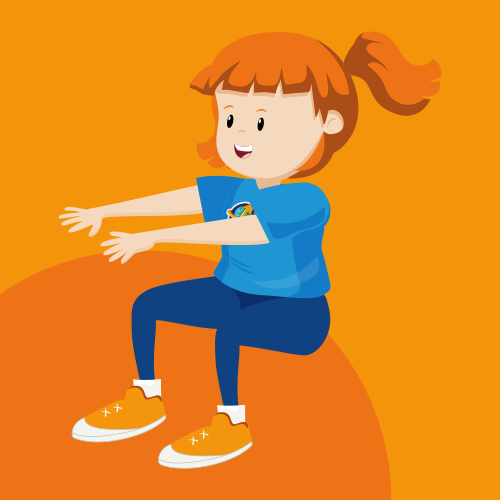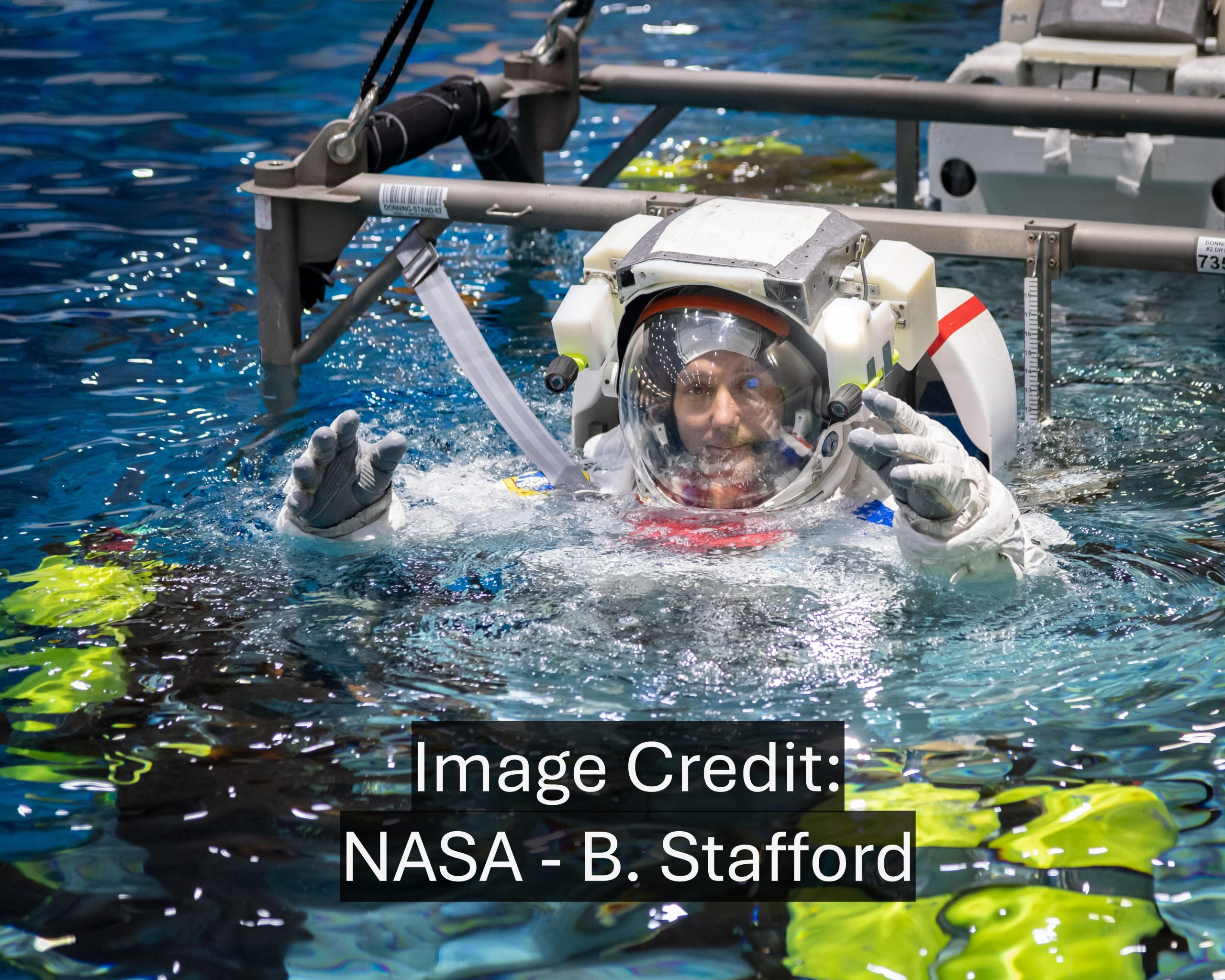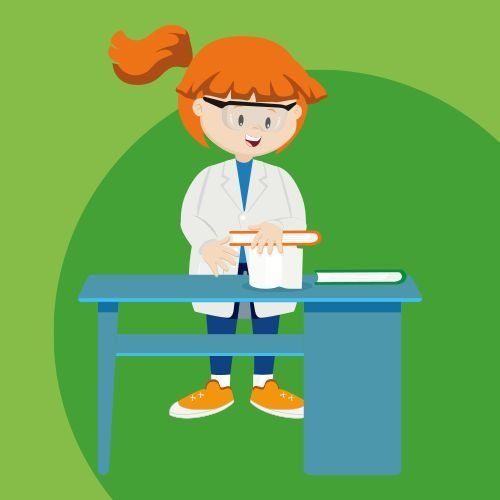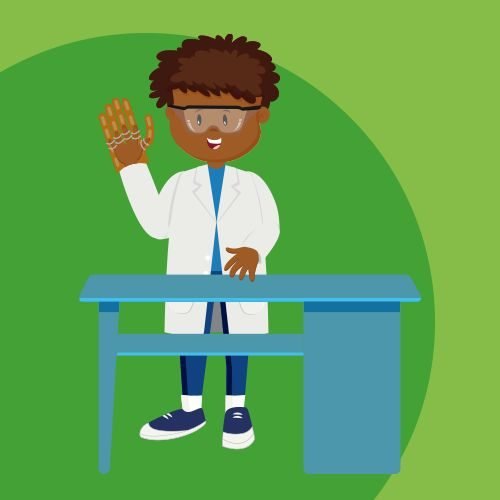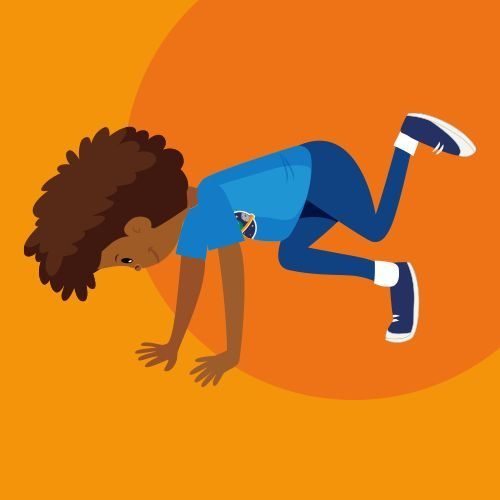Microbial Box 2: What’s in your Petri?
Your Mission: Sample, grow, and investigate the microorganisms around us.
- formulate and prepare an inquiry-based investigation
- grow and study microbial life
- categorize microbes based on different properties
- think critically
- investigate the relationship of everyday products to microorganisms
- examine the impact of microorganisms on daily life
- discover that microorganisms have the greatest diversity of all living organisms
- explain how microorganisms are beneficial to humans and the environment
- connect healthy living habits from living in space to their schools and homes
- Per class:
- Clear adhesive tape
- Thermometer
- Small desk lamp or light (15–60 watt)
- Small container (such as medicine cup or cough syrup container)
- Anti-bacterial soap
- Incubator, using a hard-sided cooler OR a 10-gallon glass aquarium with heavy weight plastic (laminating plastic) and packing tape (See how to make a classroom incubator and determine other needed materials in Part 2’s pre-lesson instructions section and in Appendix B)
- Per group (4 students per group):
- 2 plastic cups
- ½-cup distilled water
- 2 permanent markers
- ½-cup weak bleach
- solution
- One 1-gallon zipper seal bag (to use at 48-hour observation period)
- Color pencils
- Per student:
- 1 Petri dish (with nutrient agar)
- 1 hand lens
- 1 cotton swab
- Eye protection
- Hand protection
- Copy of What’s in your Petri? Student Section
Explore more Mission X activities!
Your Mission: Perform jump training with a rope to improve strength and endurance. On Earth, humans experience the effects of …
Your Mission: Perform the “bear crawl” and “crab walk” to increase muscular strength and improve upper and lower body coordination. …
Your Mission: Carry weighted objects from the Exploration Area back to your Base Station to improve aerobic and anaerobic fitness. …
Astronauts need brains and brawn! Using your coordination, endurance and quick thinking, perform five jumping jacks, with a star-jump finish, …
Your Mission: Perform body-weight squats and push-ups to develop upper and lower body strength in muscles and bones. Astronauts must …
Votre mission: Effectuer un parcours immergé dans l’eau pour préparer pour votre future sortie extravéhiculaire. This resource was created by …
Your Mission: Observe and compare bones, and design bone models to investigate ways to keep bones healthy. Explorers need strong …
Your Mission: Explore the anatomy of the hand and build a bionic hand from cardboard. In a near future, it …
Your Mission: Explore taste sensations on the tongue and experiment to see which senses influence taste. For astronauts, all their …
Your Mission: Perform a series of somersaults on the ground to improve body coordination, flexibility, balance and strengthen your back, …

